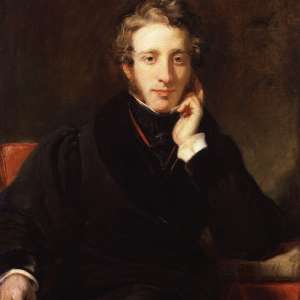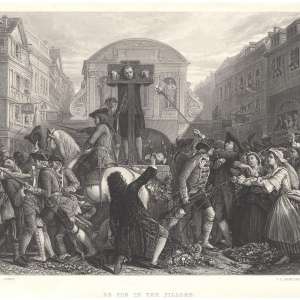
The Fables of Jean de La Fontaine have long been regarded as one of the masterpieces of French classicism. In La Fontaine's hands, however, the fable is transformed into a poetic genre in which the relation between apologue and precept becomes problematized.
The fabulist does so by infusing irony, ambiguity, and linguistic uncertainty throughout his work as well as calling attention to acts of reading and writing embedded within the texts. There are no definitive moral lessons as readers of the Fables must actively negotiate among and between multiple levels of significance generated by the individual texts.









































